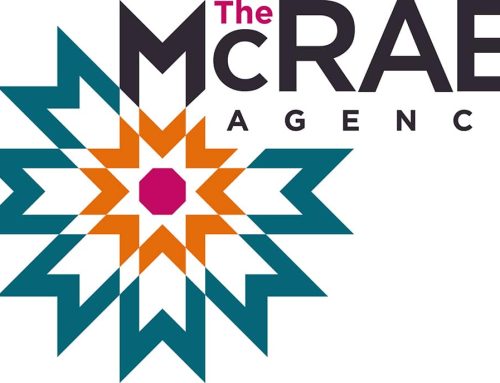Young Mind Community Center (YMCC) opened last September, with founders Amanda Wood and Sara Mertel driven to change what early autism intervention looked like in Phoenix. Their mission is to bring together clinical expertise in autism and excellence in early childhood education in order to deliver the best possible outcomes for young children with and without autism. After analyzing the first quarter progress reports, it is clear that this vision is becoming a reality.
In the early autism intervention program at Young Mind Community Center, the average learner has met over 100 objectives in three months. Mandy Zerbib, a Board-Certified Behavior Analyst, said she has seen huge cognitive, communication, and social gains in a short period of time.
“One of our three-year-old students wouldn’t interact with his peers at all. He had a goal to simply react positively to being approached by other children. Now, he’s regularly playing with his friends for 10 minutes,” she said.
In terms of language development, “He also went from communicating in two- or three-word phrases to 6-word sentences in that same time.”
Dr. Wood is not at all surprised by the first quarter scores. She believes it is a combination of their highly skilled team (which includes experts from early childhood education, psychology, behavior analysis, speech and language pathology, and occupational therapy) and their unique, focused approach.
YMCC is the only early autism intervention program in Arizona that utilizes the Early Start Denver Model (ESDM). In 2012, TIME magazine named ESDM a top 10 medical breakthrough because their work demonstrated that brain function among young children with autism can normalize with effective early intervention in profound, enduring ways.
Just this month, a major new study replicates research that demonstrated that children with autism as young as 18 months can vastly improve their language, cognition and social skills with early intervention utilizing ESDM. The new study found that children receiving intensive ESDM made significantly greater language gains than children in the community interventions, and this was true for both children with more severe delays and those with fewer.
What distinguishes ESDM from the more traditional behavior interventions used with children with autism is that it combines developmental and behavioral approaches and is carried out within everyday routines. At YMCC, the intervention takes place in an inclusive preschool and focuses on the learning opportunities that exist in the social interactions young children have with other people.
“We use children’s interests and favorite activities to ensure that social interaction is interesting and fun,” Zerbib said.
“The type of gains they found in this new study are what we see in our program. They’re what we should see in all high-quality early intervention programs. These findings should raise not only hope for families, but also expectations,” Mertel said.
Find out more at
youngmindcommunity.org
or 602-237-6653
The new study appears in the Journal of the American Academy of Child and Adolescent Psychiatry





